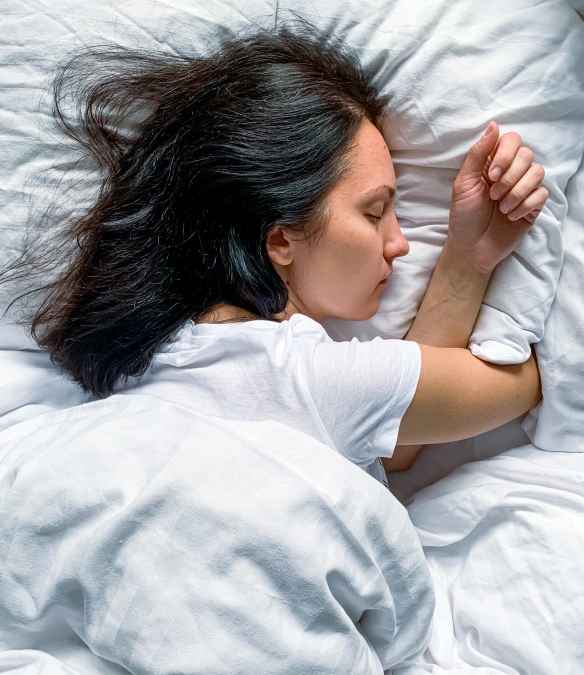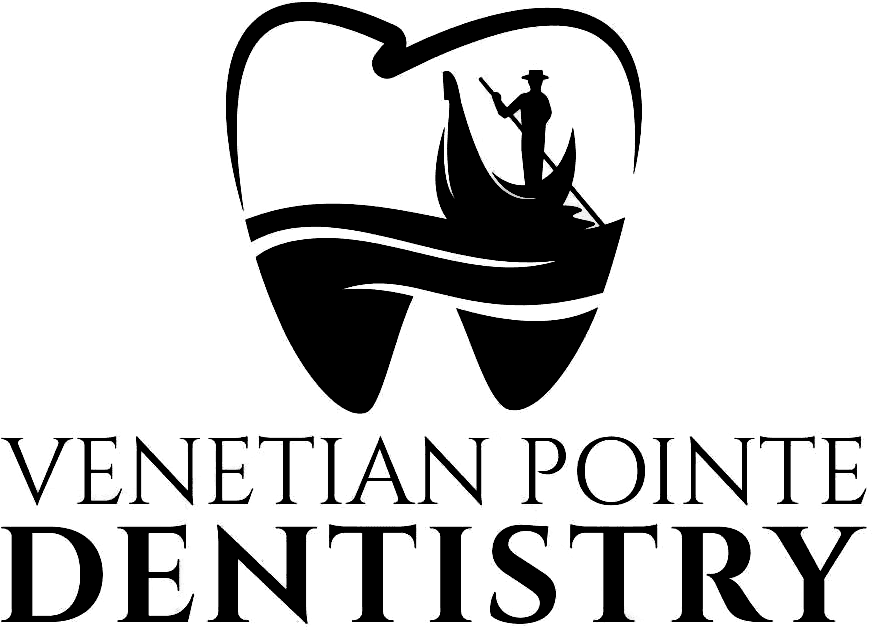
Better Sleep With Apnea Care
Sleep apnea is a sleep disorder that causes the airways to become blocked or obstructed. When this occurs, it causes oxygen to flow into the bloodstream slower than normal. This causes the brain to tell the body to wake up and reopen the breathing passage to the lungs. This can happen multiple times an hour, causing the person with apnea to stop breathing hundreds of times a night. Many people with sleep apnea do not know they have it and are diagnosed after a spouse or partner tells them they snore or stop breathing at night.
One of the most common treatments for sleep apnea is CPAP therapy which involves wearing a small mask over the face that pushes air into the nose and mouth during sleep to keep the passages open and allow proper oxygen flow. Other treatments include oral appliances, similar to mouthguards, which keep the jaw forward and allow for better airflow.

The Symptoms of Sleep Apnea
- Snoring is a common symptom of sleep apnea. It is often loud and disruptive and may be accompanied by gasping or choking sounds during sleep.
- Waking up with a headache is a common symptom of sleep apnea. The changes in oxygen levels and disrupted sleep patterns can contribute to morning headaches.
- Sleep apnea can cause mouth breathing, leading to a dry mouth or a sore throat upon waking up.
- Sleep apnea can affect mood and lead to irritability, mood swings, and difficulty concentrating. It can also cause memory problems and decreased cognitive function.


Common Treatments for Sleep Apnea
CPAP Therapy
Oral Appliances
Lifestyle Changes
Surgery



